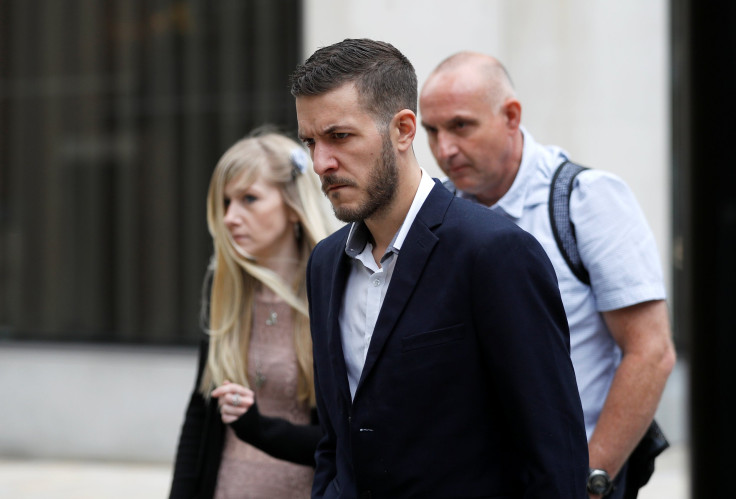Charlie Gard's parents accuse hospital of preventing baby from dying at home

The plight of baby Charlie Gard has been a focus of dispute between his parents and Great Ormond Street Hospital. The parents of the 11-month-old accused the London hospital of putting obstacles in the way of their son, who suffers from a rare genetic condition that causes progressive brain damage and muscle weakness, dying at home.
The hospital told a court on Tuesday that the primary problem to Charlie being taken home to die was that his life support can only be maintained in a "specialised" setting. The baby’s parents, Chris Gard and Connie Yates, surrendered their legal fight to extend Charlie’s life on Monday.
On Tuesday, Yates was back in court for another hearing on her son’s end-of-life care plan. Presiding judge Nicholas Francis said emotions are high in this case.
In a document presented to the court, the hospital's lawyers wrote Charlie should be safe and the baby must be spared all pain while protecting his dignity. “At the same time, the plan must honour his parents’ wishes about two matters in particular namely the time and place of his passing," the document reads.
Reuters reports Francis giving Charlie's legal team until Wednesday to see if they can find an intensive care team willing to look after him at home or at a hospice for some days, in accordance with his parents' wishes. Charlie needs a ventilator to breathe. He cannot see, hear or swallow.
The parents have resigned themselves to letting him go following a set of scans showing his condition deteriorated to the point of no recovery. They want him taken to their home, or to the home of a close relative, to spend his last moments. But their lawyer Grant Armstrong told the London High Court that the hospital was placing "obstacle after obstacle" in the way of this wish.
Katie Gollop, Great Ormond Street Hospital’s lawyer, denied this, saying nothing could be further from the truth. "The hospital has moved heaven and earth to make this possible for them," she said.
She wrote in a document, which sets out the hospital's position for the court, that Charlie’s care cannot be simplified and that it must be provided in a specialist setting. The hospital, she said, had searched for an intensive care specialist willing to supervise the care at home, but failed. It was partly because of the risk of Charlie dying unexpectedly.
Read More:
NSW Health issues measles alert after infected tourist wandered around Sydney
Australia, US prepare for potential biosecurity attacks
CBS News/YouTube




















